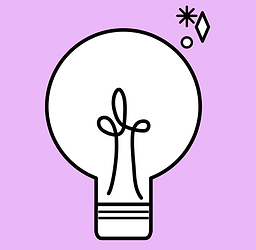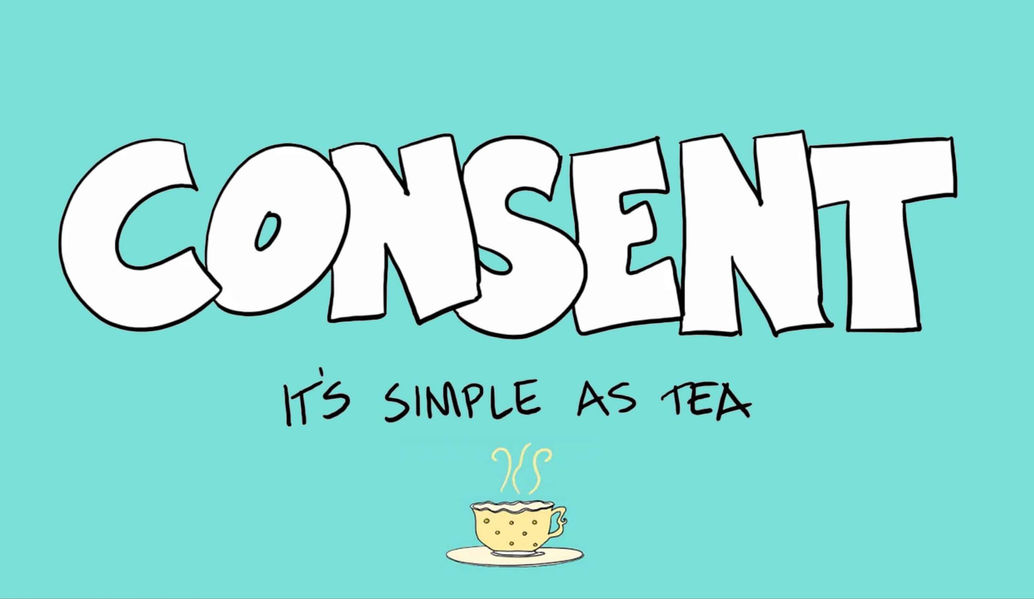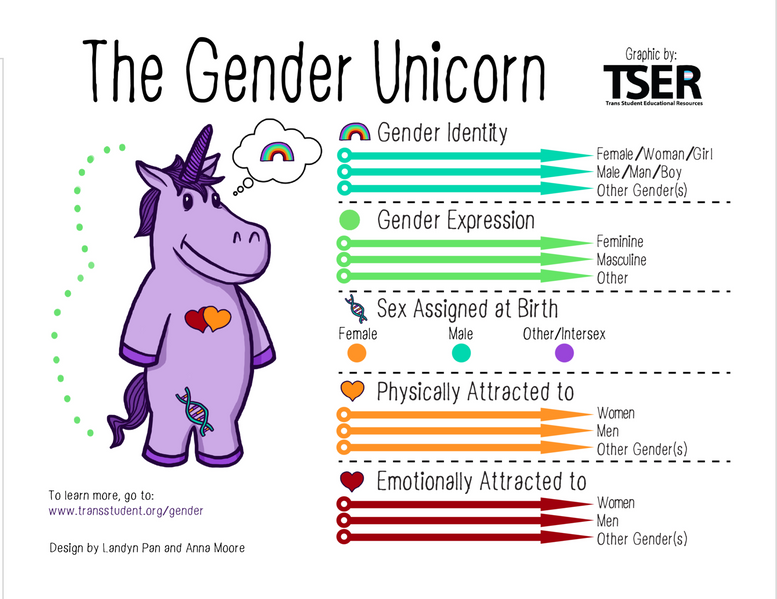The Sex-Ed Library
free, accurate, inclusive resources for educators!
This website was developed to help educators feel more confident, comfortable, and supported teaching sex-education to their students. This site is for any educator looking for informational articles, full lesson plans, activities, videos, curricula guides, and more!
Browsing this site, you will find a catalogue of resources that are awesome, accessible, and completely free! Consider this your personal sex-education library … only, you don’t have to return anything or worry about late fees



Why is Sex-Ed Important?
“Sex-ed is not about opinions. It’s about evidence, human rights, health, and gender equality. The right to comprehensive sexuality education is recognized in international human rights treaties. Governments are required to uphold all people’s rights to health, well- being, and equality. This requires the delivery of unbiased, scientifically accurate sex-ed."
Action Canada (Is SexEd a Human Right?)
“When we say that sex-ed saves lives, it is not an exaggeration. When done right, sex-ed addresses the root causes of negative health outcomes. It gives people the right information to better take care of their bodies. It also helps create safe learning environments for all people and shapes a culture of equality for women and girls, trans people, non-binary people and anyone who does not identify as heterosexual.”
Action Canada (Does SexEd Save Lives?)
What this site offers ...

What is Comprehensive Sex-Ed?
“Comprehensive sexuality education is a curriculum-based process of teaching and learning about the cognitive, emotional, physical and social aspects of sexuality. It aims to equip children and young people with knowledge, skills, attitudes and values that will empower them to realize their health, well-being and dignity; develop respectful social and sexual relationships; consider how their choices affect their own well-being and that of others; and understand and ensure the protection of their rights throughout their lives.”
United Nations Educational, Scientific, and Cultural Organization
“A person’s sexual health includes their physical, mental, emotional and social well-being in relation to their sexuality. You teach your students sexual health education, not sex education. You teach about the broader concept of sexuality, not just biology.”

Teaching Empowerment, Avoiding Shame
“This idea that sex is something which devalues those who have it (particularly women) crops up again and again. [Young people who have sex] can be likened to a used toothbrush or a chewed up piece of gum. And that kind of message can be hugely damaging to anyone who hears it, especially survivors of sexual assault ... Learning nothing would [be] better than learning that.”
John Oliver Sex Education Video
"Shame-based sex-ed only teaches us fear and shame. This causes us to judge others out of fear, ignorance and internalized shame. We end up othering anyone who doesn’t fit the prescribed narrative around sexuality and so many people’s lives and experiences fall between the cracks. Letting people know about their bodies and identities and the bodies and identities of others can only empower us.”

Reach out to us!
Got a burning question?
Want to submit a resource?
Have suggestions for improving this site?
Shoot us an email!






